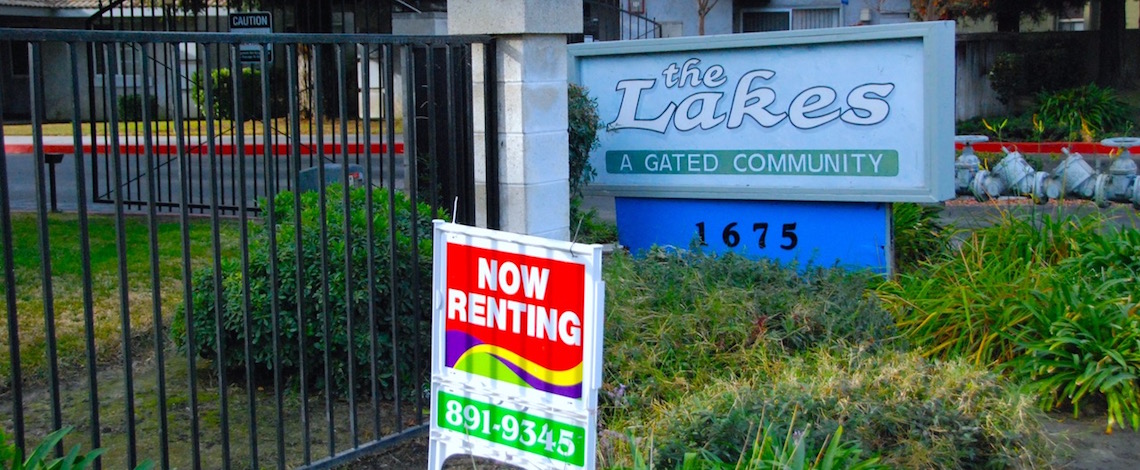
File Photo
Written by Edward Smith
Thursday marks the final day for delinquent renters to apply for assistance. A year after California’s Emergency Rental Assistance Program was created, nearly $2.6 billion has been distributed statewide.
The City of Fresno has distributed more than $24 million in rental assistance. Only 12% of applications have been funded, compared to nearly half statewide.
Since the program was approved in March 2021, 3,632 households have received rental assistance, with an average payment of $6,707. The City of Fresno, which took it upon itself to administer the rental assistance, received 33,890 applications with the help of six community-based organizations. Of those applications, 30,115 have been accepted.
Residents in District 4, which encompasses central Fresno, received the largest portion of those funds, with Districts 5 (Southeast Fresno) and 6 (Northeast Fresno) rounding out the bottom.
The City and County of Fresno both opted to handle their own rental assistance programs, while Tulare County let the state administer the program. Because of their size, Madera and Kings counties were automatically handled by the state.
In Tulare County, 7,776 applications were completed and sent for review. Of those, 3,736 households received funding totaling more than $26 million. The average payout was $6,983.
There were 1,610 completed applications in Madera County with 773 accepted. Average payout in Madera was $7,956 for a total of $6.1 million.
In Kings County, 2,328 applications were submitted and 968 were processed, averaging $6,040 in payments. More than $5.8 million was paid out in Kings County.
Statewide, 506,796 applications have been made with 223,103 households paid out. The average assistance was $11,443 with $2.55 billion distributed.
That payout exhausts the original amount earmarked from the federal government for rental assistance, but the federal government has reallocated unused rental money from other states to states with a shortfall.
The State of California is looking to receive a total of $200 million. State legislators have approved designating funds to make up the shortfall.








